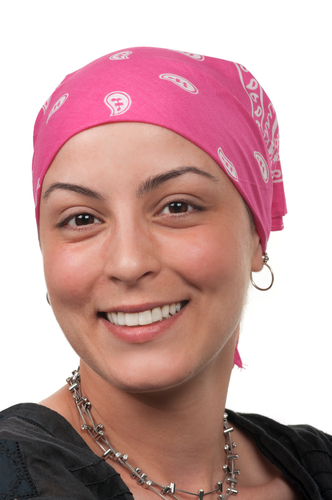New class of breast cancer drugs are well tolerated: Study
IANS Jul 15, 2017
Researchers, including one of Indian-origin, have found that a new class of oral drugs for treating breast cancer are generally well-tolerated with a manageable toxicity profile for most patients.

The new class of drugs, known as cyclin-dependent kinase (CDK) inhibitors, have a great potential for treating the most common type of breast cancer known as hormone receptor-positive (HR+) metastatic breast cancer in which the cancer cells express hormone receptors. "CDK inhibitors have changed the landscape of management of HR+ breast cancer," said Aditya Bardia, a specialist in breast cancer at the Massachusetts General Hospital in Boston, US.
CDK inhibitors interfere in cancer cells' ability to multiply rapidly by blocking the activity of enzymes known as CDKs, particularly CDK 4 and CDK 6, that help to regulate cell division, the researchers said in the paper published in the journal The Oncologist.The first CDK inhibitors -- palbociclib (Ibrance) -- was approved in February 2015 by the US Food and Drug Administration (FDA), and second -- ribociclib (Kisqali) -- was approved in March 2017, while a third -- abemaciclib -- is currently undergoing Phase 3 trials.For the study, Bardia and his team reviewed all the publicly available studies conducted on palbociclib, ribociclib and abemaciclib. They found that the most common side effect of palbociclib and ribociclib was a low level of white blood cells, a condition known as neutropenia, which can increase the chance of infection.
However, the effect was found temporary and dose-dependent. Neutropenia was found less common with abemaciclib, but the side effects such as diarrhoea and fatigue were more common. Nausea and alopecia are less common side effects, researchers found, but they were typically mild and easily treated.Currently, CDK 4/6 inhibitors are being investigated for their ability to treat various other cancers, including lung cancer, prostate cancer and ovarian cancer, the researchers stated.
-
Exclusive Write-ups & Webinars by KOLs
-
Daily Quiz by specialty
-
Paid Market Research Surveys
-
Case discussions, News & Journals' summaries